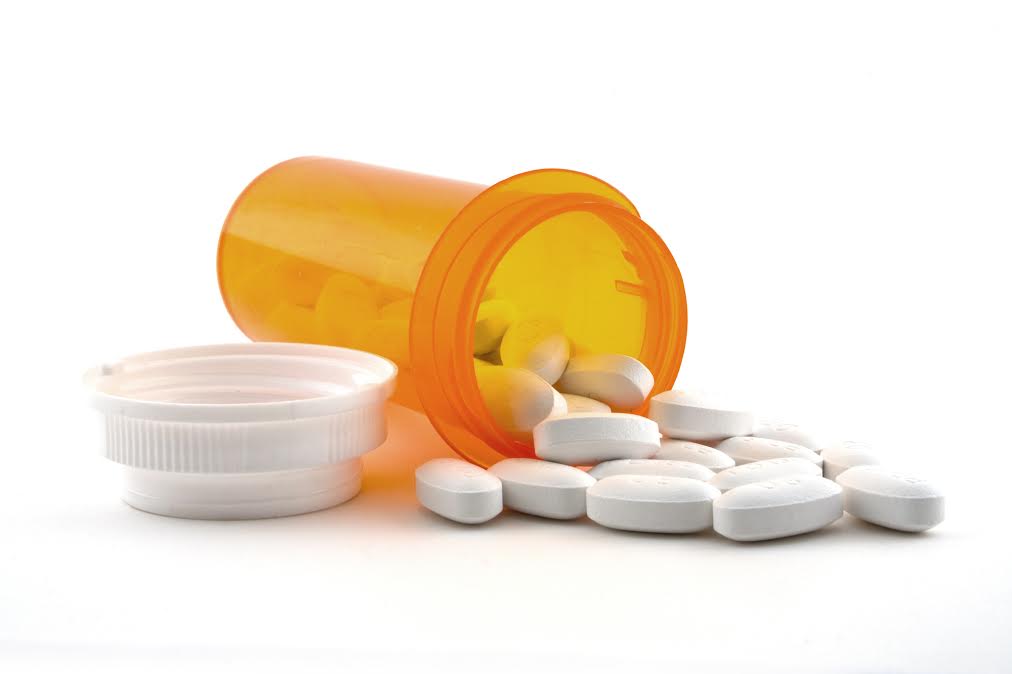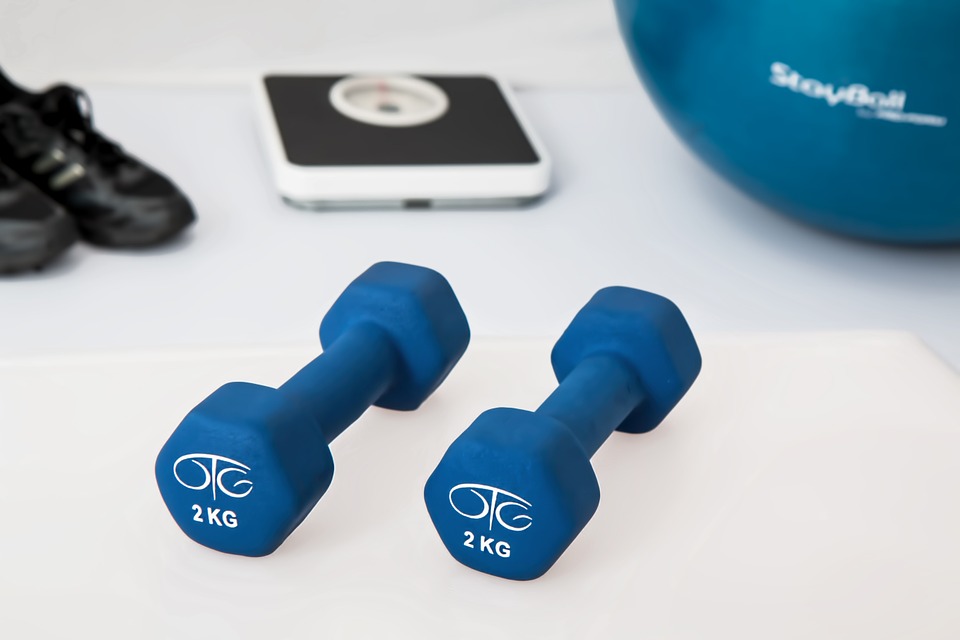Sleep deprivation has an important effect on your skin health, heart health, brain and blood pressure level. Without 8 hours of solid sleep, your body and mind won’t be fit at all. Additionally, lacking sleep is a great cause of skin problem. Have you ever noticed, your skin looks tired after a sleepless night? Not only tired skin, but you also get paler skin trend, dark circles & redder and puffier eyes too. That’s why proper sleep is too important to all of us. So, we all need to know the causes of sleep deprivation so that we can have good sleeping habits to prevent this problem.
Causes of Sleep Deprivation:
You may have sleep deprivation for various reasons. Some of the main reasons are given below-
- Insomnia
- Voluntary Behavior
- Sleeping Habits
- Sleeping Environment
- Study or Work Commitments
- Sleep Apnea
- Psychiatric Issues
- Stimulant Medications
- Concurrent Medical Conditions
- Neurotransmitter Imbalances
- Anxiety
- Short-Term Illness
Effects of Sleep Deprivation:
As we said before, sleep deprivation has many effects on skin problem. Let’s have a short look at what it does for your skin.
1. Acceleration of Skin Aging:
The main and most annoying thing is it accelerates the skin aging which makes you look aged. Poor sleeping slows down the cell repairing process and damaged cells can’t be repaired. As a result, you get an aged-looking skin.
2. Decreases Collagen Production:
The body system runs the collagen function in the body while sleeping. And the collagen keeps the skin health softer and younger-looking. If you have lack of sleeping, the function gets damage and your skin starts losing the softness and youth.
3. Impairs Skin Barrier Function:
Without enough sleep (at least 6-8 hours), the skin barrier system of the body gets hurt and the skin cells become weaker. As a result, the skin tone starts fading away. Sleep deprivation affects other natural body functions too.
4. Increases of Dark Circles & Puffy Eyes Appearance:
If you don’t have proper sleep at night, it seems to be an appearance of puffy eye spots and dark circle on the skin. So, to get rid of this, good sleep is the must.
Good Sleeping Habits:
So, you know the importance of proper sleep. You need to sleep well for your healthy skin. Are you ready?
Here, we have included some tips for good sleep. Hope, they will help you out. Let’s try…
1. Put Electronic Devices Away:
In this modern era, we all use smart-phone or tablet. But you know what, the blue ray of the electronic device screen prevents the release of “Melatonin” hormone. Melatonin tells your brain that it’s time to sleep. But if you use electronic devices for a long time before bedtime, you won’t get sleep easily. So, turn off the devices before a couple of hours before going to bed.
2. No More Alcohol:
If you take alcohol and have poor sleep, then we would like to recommend you to reduce alcohol intake. Alcohol decreases the Melatonin release you get sleep problem. So, if you want to take any liquid food to relax at night, we suggest you take a cup of chamomile tea instead.
3. Manage Your Stress:
Sleep goes out first when you are in a stressed mood. So, always try to control it. For better result, you may spend some time outdoors or meditate.
4. Exercise Regularly:
Regular exercise is a great way to keep the mind and body fresh. And with fresh body and mind, sleep problem won’t touch you at all. So, it’s a great idea to exercise regularly.
Read More :






















